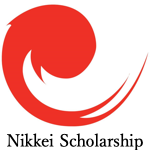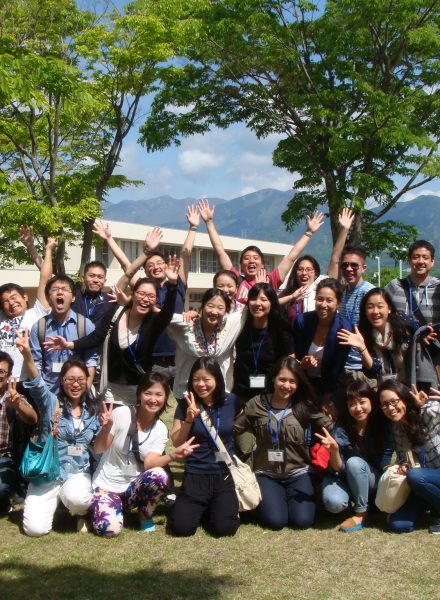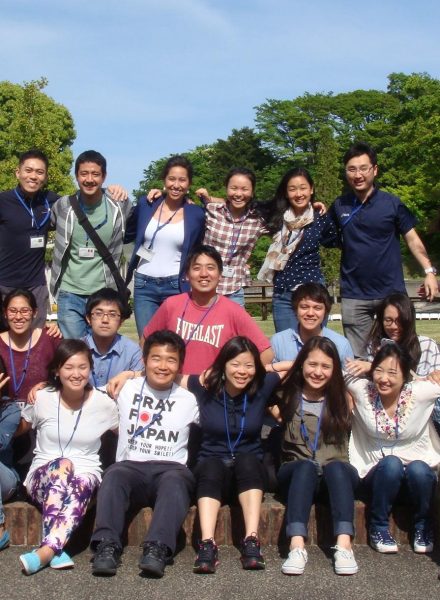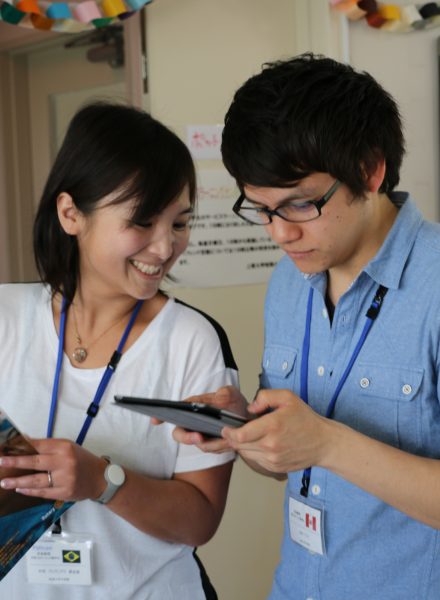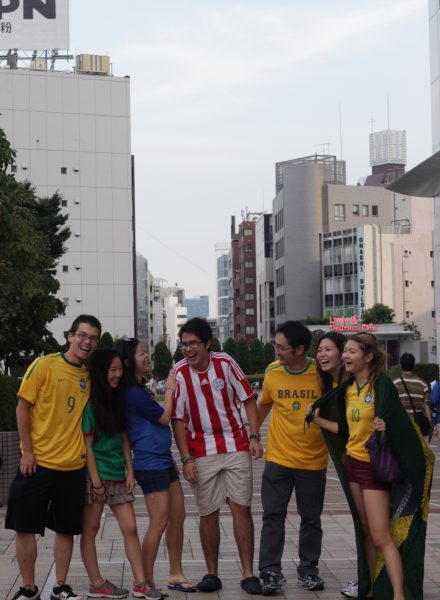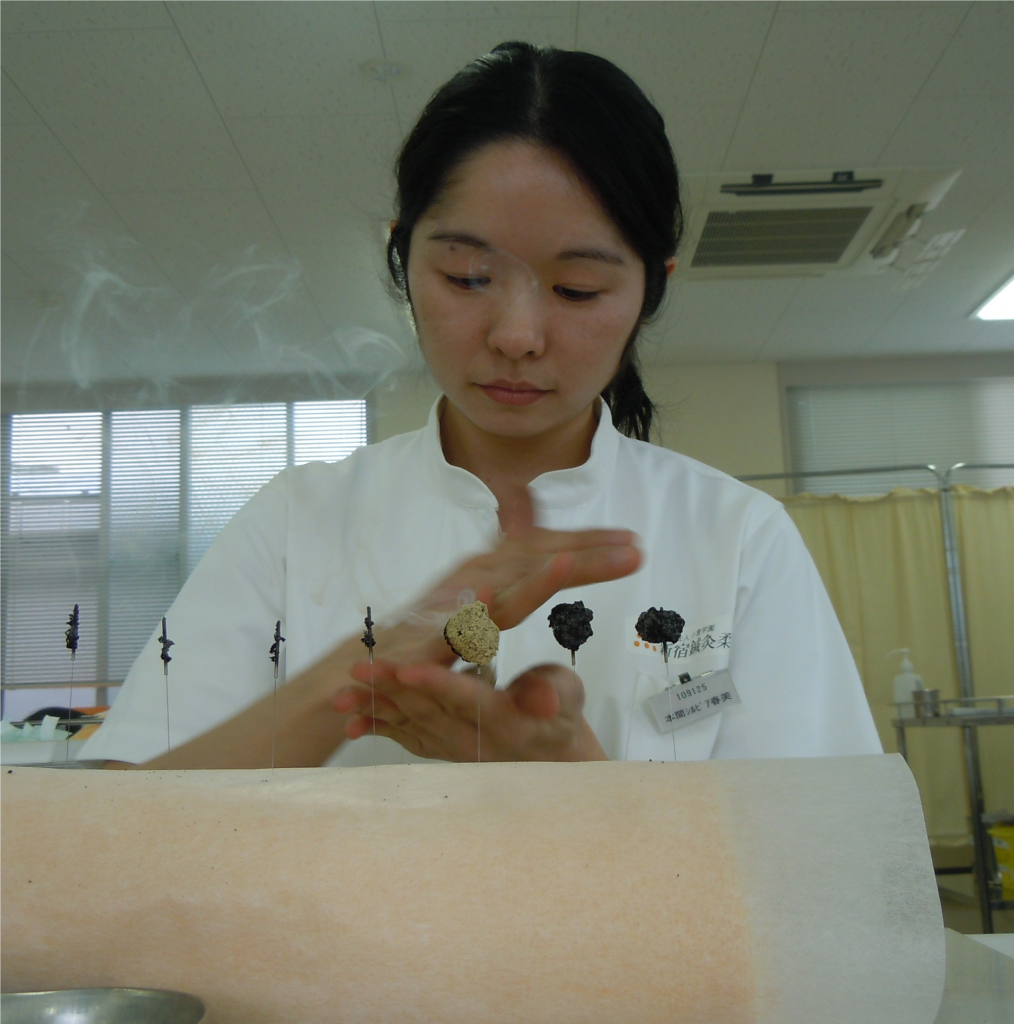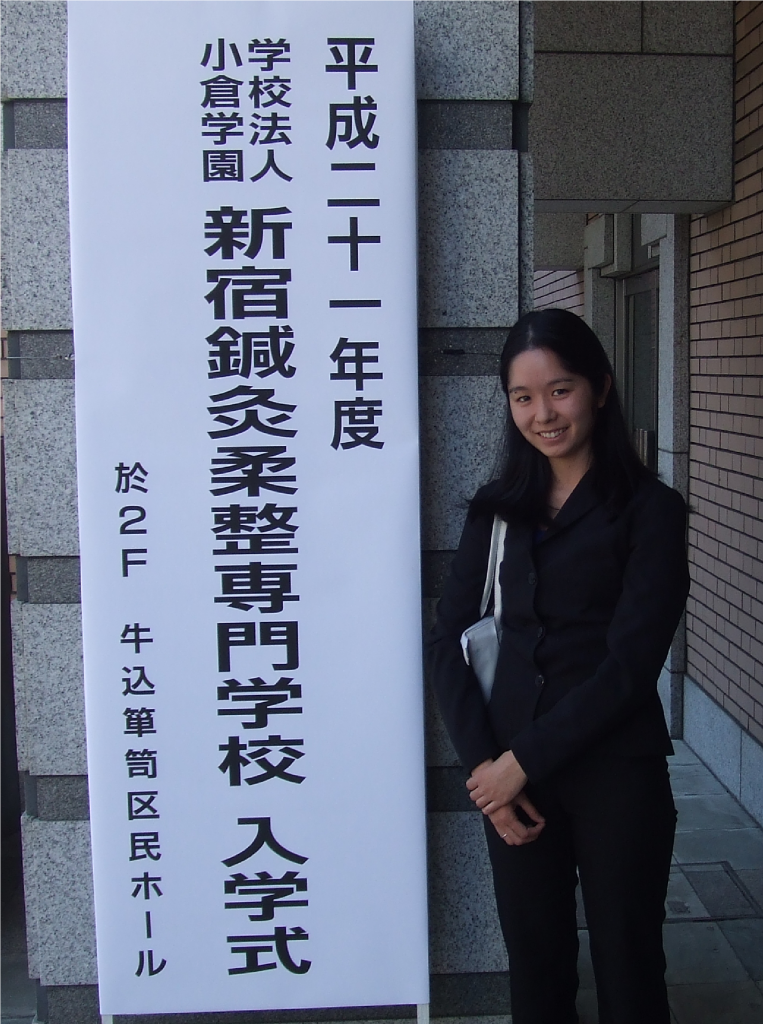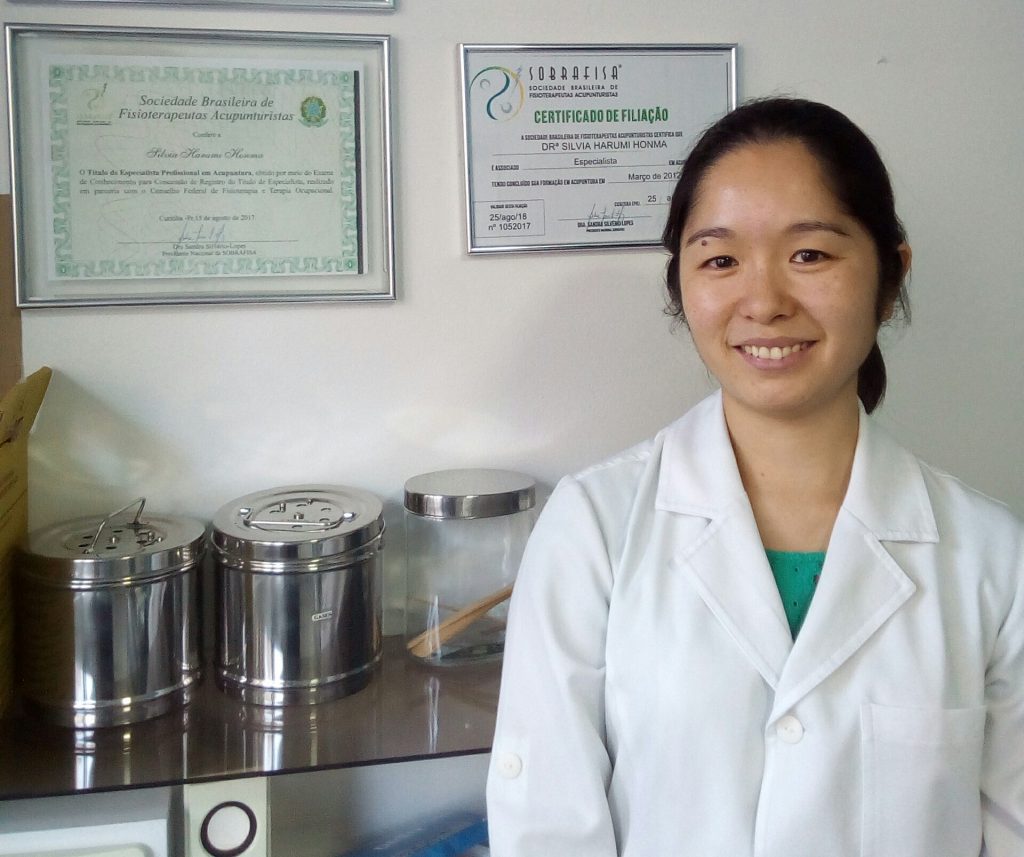Silvia Harumi Honma
Brazil
Lives of the Nikkei scholarship ‘Dream Come True Project’ students~Silvia Harumi Honma
Why did you decide to study in Japan?
In Brazil, I graduated in Physiotherapy, and have always believed that I could join Physiotherapy and Eastern Medical practices, bringing improved treatments to patients. When I was a child, I saw my father taking some Acupuncture sessions from a Japanese acupuncturist, and was impressed by the technique. The treatment yielded great results, and as I grew older, so did my interest in Acupuncutre.
Besides being less painful, Japanese Acupuncture employs techniques such as Moxibustion, which is highly efficient. Moreover, Japan is a country with high life expectancy, and I have always believed that, for the patient to enjoy good health, it is important for her to also have a good lifestyle, with proper nutrition and physical exercise. Thus, I wanted to learn more about health from the Japanese, so that I could bring that knowledge and advise patients in my country.
On top of that, I always desired to know my grandparents’ country as a student.
How was your life in Japan?
In the first year, I lived in a dormitory for foreign students, while studying Japanese language. After that, living by myself in an apartment, I started my studies in Acupuncture, initially as a free listener while learning the technical terms, and later as a regular student. I struggled with the language, understanding classes and tests, so I had to study a lot to learn the contents. To work as an acupuncturist in Japan, besides taking the course, one must be approved in a national exam. For that reason, I lived basically studying a lot and practicing to improve the techniques learned in practical classes. Fortunately, I was able to graduate in the Senmongakko, and was also approved in the national exam.
As I was granted the scholarship, I didn’t have to worry much about personal finances, and could concentrate on studying. That was very important for my educational training. I also took part in student gatherings and activities. I am very grateful for all the support I received from the Nippon Foundation.
Tell us about your past study or research.
I currently work as an acupuncturist and physiotherapist in a clinic. My main focus there is Acupuncture, and I am getting good results joining both techniques. I still study a lot, for each patient requires an individual evaluation, so that the best treatment can be chosen. I really enjoy working with Acupuncture, as it is an ancillary treatment that considers the patient globally, improving not only the physical, but also the emotional condition. We do not treat only the disease, but the person as a whole.
Besides working at the clinic, I also do home care.
Did your consciousness as a Nikkei change in any way through studying in Japan?
I believe that, even before going to Japan, I had consciousness of being a NIkkei, but my identification as being it increased.
Tell us about your plan after graduation.
In Japan, besides graduating from the Sanmongakko, I was approved in the national exam required for working with Acupuncture and Moxibustion in Japan. Soon after graduating, I returned to Brazil.
In Brazil, Acupuncture is considered a specialization in Health Care courses. While I was studying in Japan, it was decided that every specialist in Physiotherapy would have to be approved, after the specialization course, in a test, so that they could get their titles. It took 4 years for this test to take place. In November 2016, I was approved in this test, and now I can also work as an acupuncturist without problems.
While preparing for that test, I also worked for a time only as a physiotherapist.
Please give a message to students who are considering studying in Japan.
If you dream of studying in Japan, study hard! Study the language, lifestyle, cultural differences. Do your best and enjoy your time there, as it goes by really fast!
